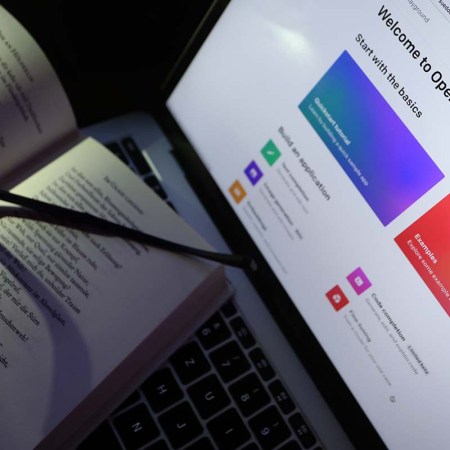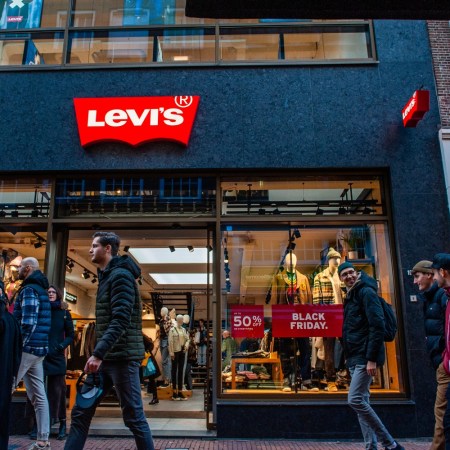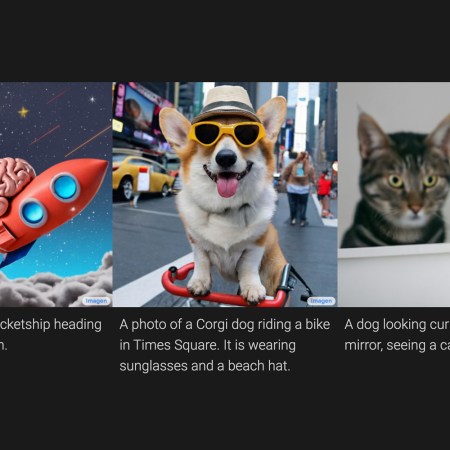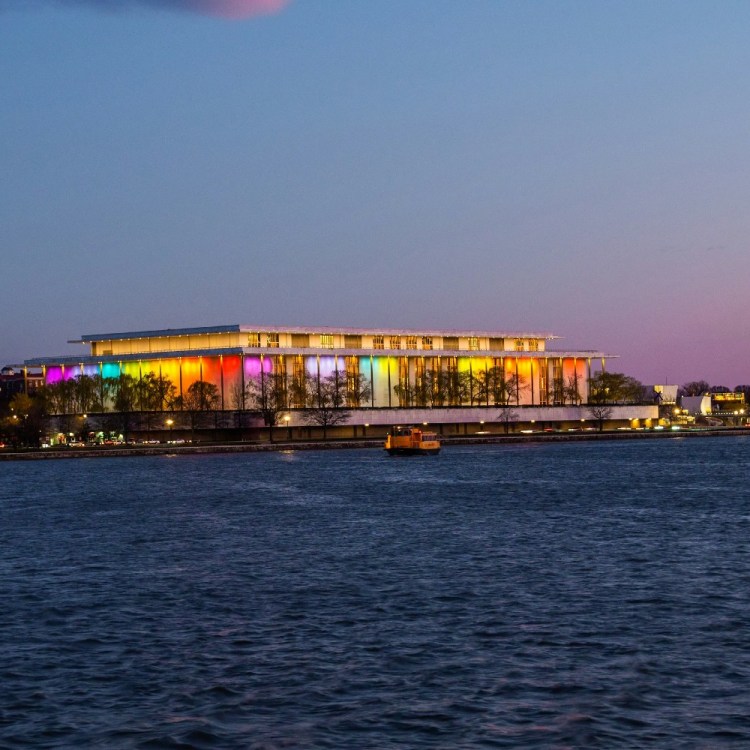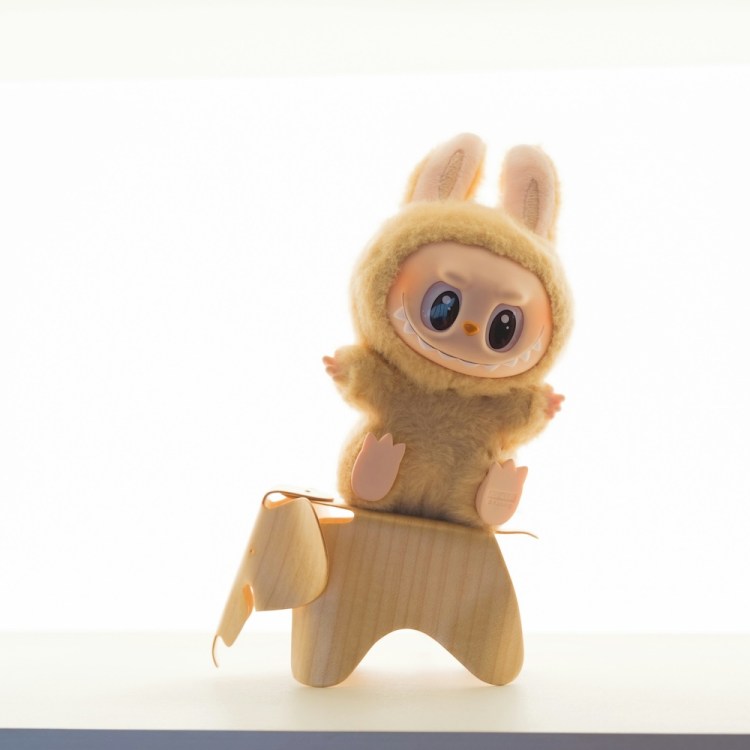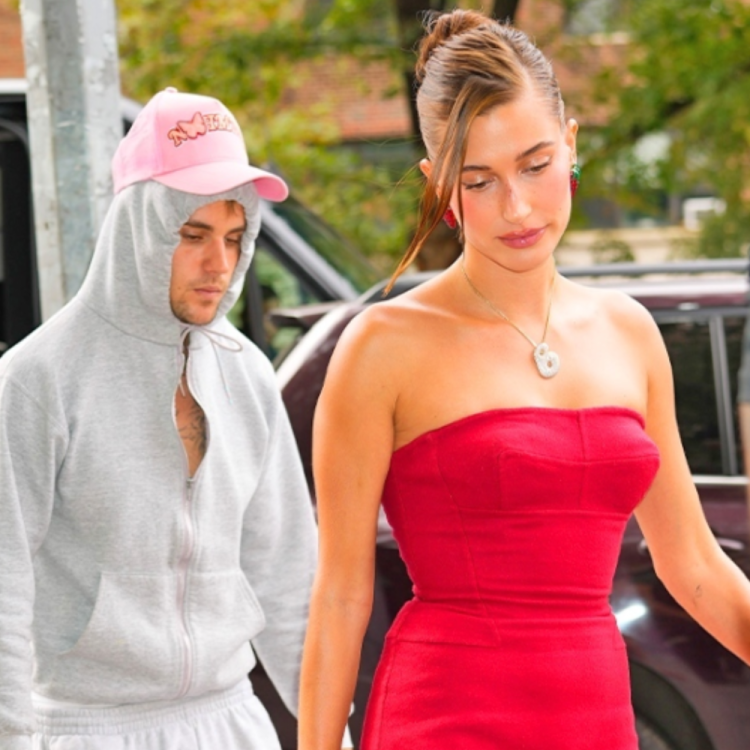Deepfakes are here. That incredible photo of Pope Francis in a white puffer jacket/robe (jobe?) that circulated this weekend on social media? I thought the head of the Catholic Church simply had swag, but alas, the pic was created by an artificial intelligence program, suggesting that these faked images are going to show up frequently in the near future (and probably not in such an amusing manner).
Per New Scientist, the image was created by Midjourney — which produces images based on text prompts — and posted on Reddit by a now-suspended user named u/trippy_art-special. Titled “The Pope Drip,” it appeared in the Midjourney subreddit and generated a lot of “I thought this was real!” commentary, and some amusing caption ideas (“When you have a rap battle scheduled at 6:00 but you have to hold mass at 8:00 PM”).
So, no harm, no foul, right? Web culture writer Ryan Broderick was both concerned and fascinated.
This image also follows a slightly-less-believed but more newsworthy faked image of former President Donald Trump being arrested.
“I think [the Pope image] is an example of a wider problem of technologies being pushed into our societies without any oversight, regulation or standards,” Elinor Carmi, a lecturer in data politics and social justice at City, University of London, told New Scientist.
Bill Gates Is a Huge Fan of Artificial Intelligence
“Artificial intelligence is as revolutionary as mobile phones and the Internet,” he says in a new essayOne problem is that the image showed up in a subreddit specifically dedicated to users showing off their skills in Midjourney, which means that even when provided with proper context, a compelling faked image can take on a life of its own on social media (sans the acknowledgment it was created by AI).
Admittedly, this particular AI example didn’t seem to cause any harm, and a lot of people noted (in the conversation following Broderick’s tweet) that this image seemed somewhat plausible. One user noted that “focusing on AI for this specific example is weird because this could have been done years ago in photoshop [sic],” while another admitted she was chastised by her college-age daughter for falling for a faked AI image.
There’s no real solution at hand since AI-generated text and image generators are pretty much open to the public right now; even a watermark seems insufficient, though there are other ways to detect a generated image.
Thanks for reading InsideHook. Sign up for our daily newsletter and be in the know.



